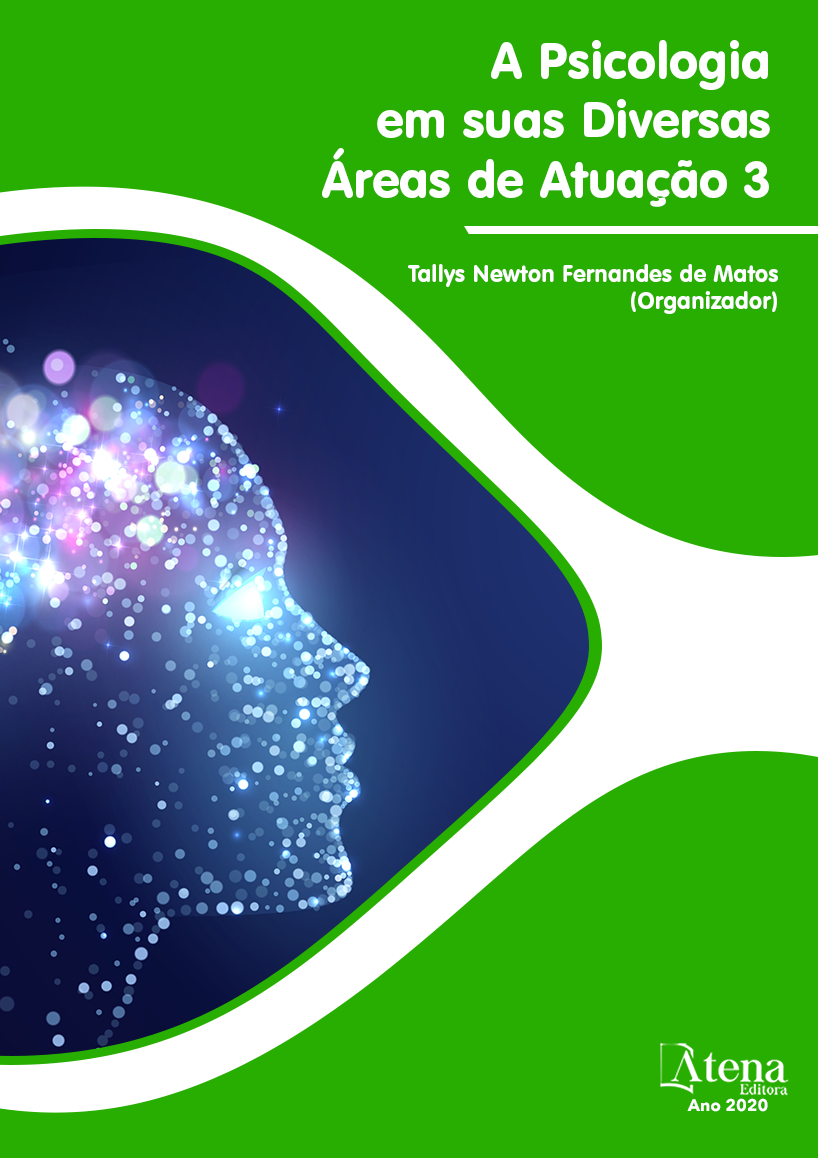
O USO DO SMARTPHONE ENQUANTO TECNOLOGIA MÓVEL NA APRENDIZAGEM À LUZ DA TEORIA HISTÓRICO CRITICA.
Este trabalho tem por objetivo principal refletir a utilização das tecnologias móveis na aprendizagem à luz da Teoria Histórico Critica. A metodologia a ser utilizada é a revisão literária em textos consagrados da literatura da área pesquisada, como o processo de busca, análise e descrição de um corpo do conhecimento. A tecnologia vem despertando novos modelos de percepção e linguagem, criando novas formas de pensar e (con)viver, alterando assim as relações entre os homens, principalmente as Tecnologias da Informação e Comunicação (TIC). O smartphone, enquanto Tecnologia Digital Móvel, uma categoria dentro das TICs, alterou toda a forma de comunicação e informação, convergindo diversas funcionalidades (ferramenta que possibilita navegar pela internet, acessar diversos aplicativos, além de realizar outras ações como ouvir músicas, tirar fotos, produzir vídeos, etc.) e se fazendo onipresente, este aparato móvel apresenta inúmeras possibilidades que podem ser utilizadas a favor do ensino-aprendizagem. Nesse sentido, a Teoria Histórico Critica vem contribuir com o processo ensino-aprendizagem, pois propicia ao educando uma aprendizagem significativa, promovendo suas capacidades psíquicas, a socialização do saber sistematizado, promovendo a promoção humana, alterando seus comportamentos para se colocarem conscientemente no âmbito social. Destarte, percebemos que a tecnologia móvel smartphone é uma auxiliar muito importante no processo de ensino, cabendo às instituições de ensino proporem currículos bem elaborados; aos professores serem interessados em compreender e aceitarem esta tecnologia como ferramenta de aprendizagem, visto que os alunos já utilizam e a estes não cabem serem passivos, mas buscarem constantemente novos conhecimentos.
O USO DO SMARTPHONE ENQUANTO TECNOLOGIA MÓVEL NA APRENDIZAGEM À LUZ DA TEORIA HISTÓRICO CRITICA.
-
DOI: 10.22533/at.ed.18320170623
-
Palavras-chave: Smartphone. Tecnologias da Informação e Comunicação (TIC’s). Teoria Histórico Crítica.
-
Keywords: Smartphone. Information and Communication Technologies (ICT’s). Critical Historical Theory.
-
Abstract:
This work has as main objective to reflect the use of mobile technologies in learning in the light of the Critical Historical Theory. The methodology to be used is the literary review in renowned texts of the literature of the researched area, such as the process of searching, analyzing and describing a body of knowledge. Technology has been awakening new models of perception and language, creating new ways of thinking and (con) living, thus changing the relationships between men, especially Information and Communication Technologies (ICT). The smartphone, as a Mobile Digital Technology, a category within ICTs, changed all forms of communication and information, converging several functionalities (a tool that makes it possible to browse the internet, access various applications, in addition to performing other actions such as listening to music, taking photos, producing videos, etc.) and becoming ubiquitous, this mobile device presents numerous possibilities that can be used in favor of teaching-learning. In this sense, Critical Historical Theory comes to contribute to the teaching-learning process, as it provides the student with meaningful learning, promoting their psychic abilities, the socialization of systematized knowledge, promoting human promotion, changing their behaviors to place themselves consciously in the social sphere . Thus, we realize that mobile smartphone technology is a very important aid in the teaching process, and it is up to educational institutions to propose well-designed curricula; for teachers to be interested in understanding and accepting this technology as a learning tool, since students already use it and they do not have to be passive, but constantly seek new knowledge.
-
Número de páginas: 14
- Joaquim Ferreira da Cunha Neto


